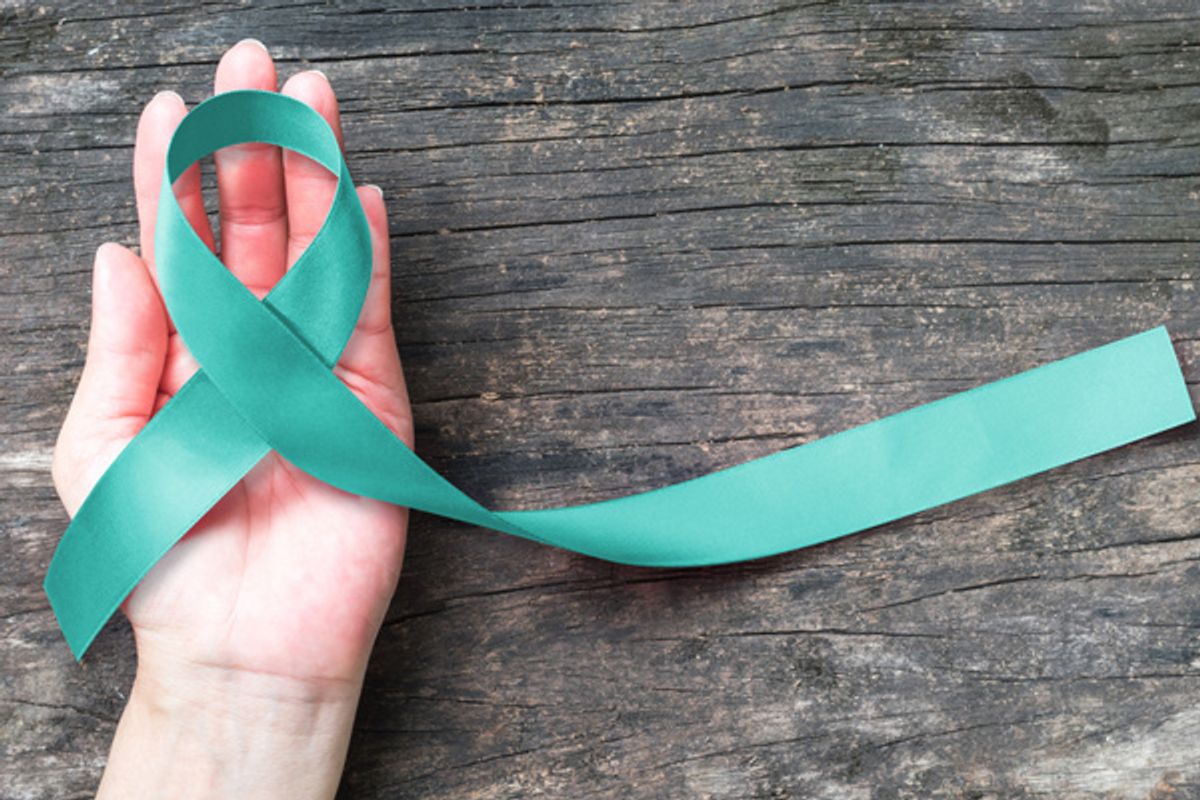
9 Warning Signs of Cervical Cancer You Shouldn't Ignore
Cervical cancer is one of the few cancers that can be prevented. Know how to prevent it and know the warning signs.
Jan 06, 2016
Oct 28, 2020
Your Health
Beth brings a unique combination of sharp business expertise and women's health insight to her leadership of the organization. Beth has worked in the health care industry for more than 25 years helping to define and drive public education programs on a broad range of women's health issues. She launched and has expanded the HealthyWomen.org brand. As a result of her leadership, HealthyWomen was recognized as one of the top 100 women's health web sites by Forbes for three consecutive years, and was recognized by Oprah magazine as one of the top women's health web sites. HealthyWomen now connects to millions of women across the country through its wide program distribution and innovative use of technology.
Beth is responsible for the business development and strategic positioning of HealthyWomen. She creates partnerships with key health care professionals and consumer groups to provide strategic, engaging and informative award-winning programs. She serves as the organization's chief spokesperson, regularly participating in corporate, non-profit, community and media events. She also is a practicing nurse in maternal child health at Riverview Medical Center- Hackensack Meridian Health, in Red Bank, NJ.
In addition to her nursing degree, Beth holds degrees in political science, business and public administration from Marymount University.
To stay sane, she loves to run and compete in road races. She enjoys skiing and sailing with her husband and young son, and welcoming new babies into the world.
Full BioLearn about our editorial policies

Cervical cancer is one of the few cancers that can be prevented. Know how to prevent it and know the warning signs.
This article / resource has been archived. We will no longer be updating it. For our most up-to-date information, please visit our cervical cancer hub here.
Cervical cancer used to be the number one cause of death for women—that is, until Dr. George Papanicolaou introduced the Pap test in the 1940s. This simple test, which collects cells from the cervix and analyzes them under a microscope, has succeeded in reducing the death rate from cervical cancer by more than 50 percent.
The good news is that regular screening and follow-up care can prevent most deaths from cervical cancer. Even better, you can get screened at no cost to you. The health care reform act covers cervical cancer screenings, part of a "well-woman visit."
Because it usually takes several years for normal cells in the cervix to turn into cancer cells, it's imperative to get regular screenings, either with a Pap test or HPV test (or both).
Rarely seen in women younger than 20, cervical cancer most commonly occurs in midlife. Yet, many older women don't realize the risk still exists as they age. In fact, more than 15 percent of cervical cancer cases occur in women over 65.
Although the death rate has dropped considerably, women are still dying of the disease. The American Cancer Society estimated that about 12,900 women in the United States would be diagnosed with invasive cervical cancer in 2015 and about 4,100 would die from it.
The human papillomavirus (HPV), which spreads through sexual contact, causes cervical cancer. Fortunately, most women's bodies can fight the HPV infection before it leads to cancer. But your risk for cervical cancer climbs if you smoke, have had many children, use birth control pills for an extended period or have HIV.
Girls and young women should consider getting the HPV vaccine (given in a series of three vaccines), which can protect against several types of the virus, including some that cause cancer. The vaccine is effective only before an infection is contracted, so experts recommend that girls and boys get vaccinated before becoming sexually active. Experts advise beginning the vaccines at age 11 or 12, though it may be started younger or given later. For complete information about the vaccine, click here.
Even if you've been vaccinated, you need to continue regular cervical cancer screenings, because the vaccine does not protect against all HPV cancer-causing strains.
What's equally important is for you to be aware of the warning signs of cervical cancer, which may not cause any symptoms at first (when they are pre-cancers or early cancers), but later on, may affect you with pelvic pain or vaginal bleeding.
Here are the signs of cervical cancer:
Of course, just because you have any of these symptoms doesn't necessarily mean you have cervical cancer. The symptoms could be caused by other conditions, like an infection. But it's wise to schedule an appointment with your health care professional to get checked and, if appropriate, get treated.
The screening guidelines for cervical cancer can be confusing. Most major medical organizations no longer recommend routine yearly screening, but it is important to know what's appropriate for your age, personal history and risk factors. You can read all about the guidelines here.